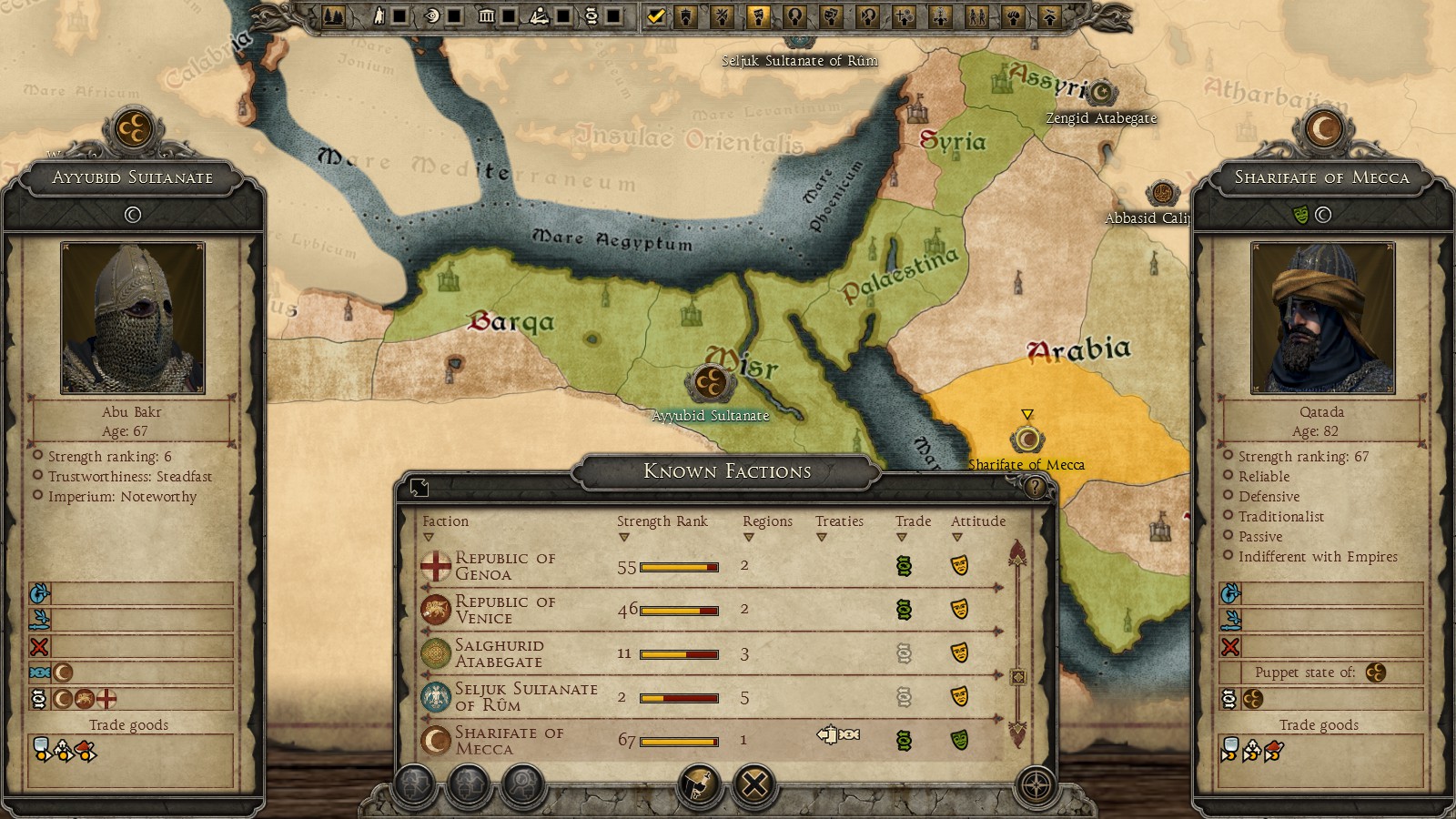
Horde most of its profits gets from raiding settlements and provinces and from gifts from tributary states. Playing Horde is very different than playing with a stationary faction. Horde either moves, or create buildings, recruit units and replenish loses. For that, you must place a camp, which uses all action points available in turn, but have many positive effects, like raise of profits, growth or integrity. It is important, as most of them have at least two, in some cases even five development paths.īy using action points Horde can both travel and replenish armies or place buildings. Additionally, Hordes have much less building categories than stationary factions, so there is no problem with them doubling. New places show automatically after using the previous one, but they still need population surplus for unlocking them. Horde camps have ten slots for buildings.

Taxes level, and specifically penalties for high taxes, change as well. General and governor are in case of Horde one and the same, and order and army integrity are considered one thing. Horde doesn't need to worry about sanitation and its armies can't trade food. Only exception is commodity production, which isn't important as Horde can't trade. Armies take all functions of settlements. You keep control of all armies, fleets and agents. You get a great financial bonus and your budget starts glowing red as you no longer have any profits from buildings or trading. After it finishes all your cities will be abandoned.

Preparation to migrations doesn't have a basic cost and last one turn. Exceptions are empires and other large, civilized countries, that don't have the option to migrate. Horde status is given to any faction that has lost its last province or decided to migrate. Huns are exception, as they don't have such possibility. Faction loses Horde status when it takes the first province. In case of Horde army and settlement is one and the same thing.

Stationary countries have armies and settlements.

The difference between Horde and any other faction is in its mobility.


 0 kommentar(er)
0 kommentar(er)
